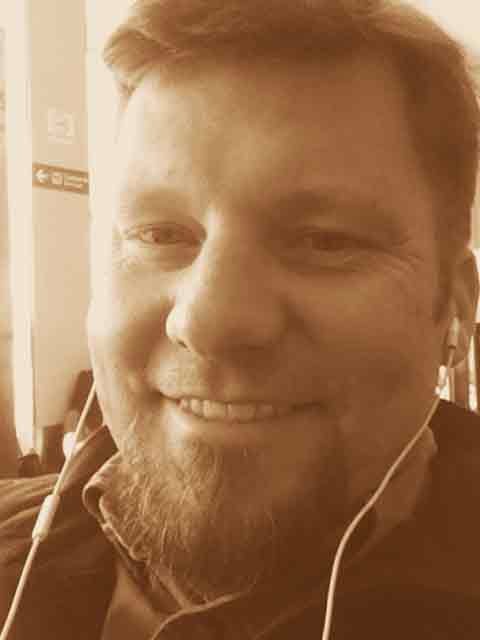I meet weekly with most of the staff at the church I serve. On Tuesdays I meet with my Administrative Assistant, and then my Director of Christian Education. On Wednesdays I meet with my Director of Music. We plan, talk about tasks, discuss goals, and layout our future plans. We try to stay connected so we can all be on the same page. It takes time, but it has paid off in helping us communicate mutual expectations. It was not easy in the beginning as I was trying to learn how they worked, and they were trying to figure me out. There have been sticky moments, but we have stayed connected.
I am preparing to teach a class at the end of the month about the development of Satan (the satan in Hebrew) through scripture, tradition, and culture. As I read and re-read books and papers, I am reminded of how easy it is to make assumptions about people we don’t know, and then how easy it is to demonize them. Rene Girard has written a lot about “scapegoating,” and using the devil to do it. We lay our burdens and responsibilities upon some external force in an attempt to absolve ourselves of any accountability for our behavior. We blame the devil or satan for evil, and ignore the fact that we have voted to put people in office that pass laws and policies that create an uneven playing field where some will always win (big!) and some will always lose. We ignore the fact that our assumptions about other people are often based on misperceptions and no real facts about their lives. Our assumptions lead to bad behavior toward the other, widening the chasm that already exists between us.
My meetings with my staff, though sometimes as short as 10-minutes, help relieve some of the pressure of false assumptions. As I have gotten to know each of them, I have learned their strengths and their shortcomings. I have also become aware of many of my own in the process. It is harder to blame or demonize someone when we have heard their stories and walked with them through some significant challenges.
I still don’t know many intimate details of their lives, but I appreciate what they have been through and try much harder to work with them rather than over them or against them.








